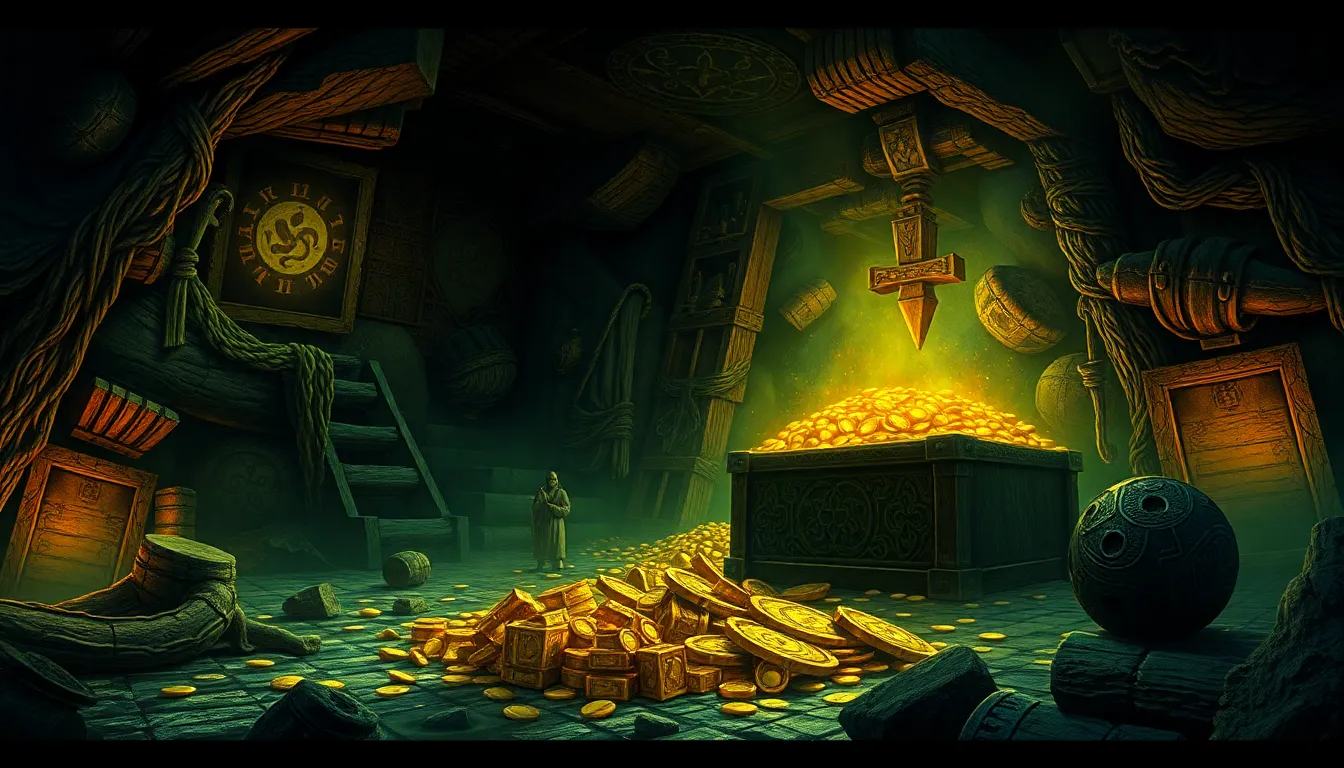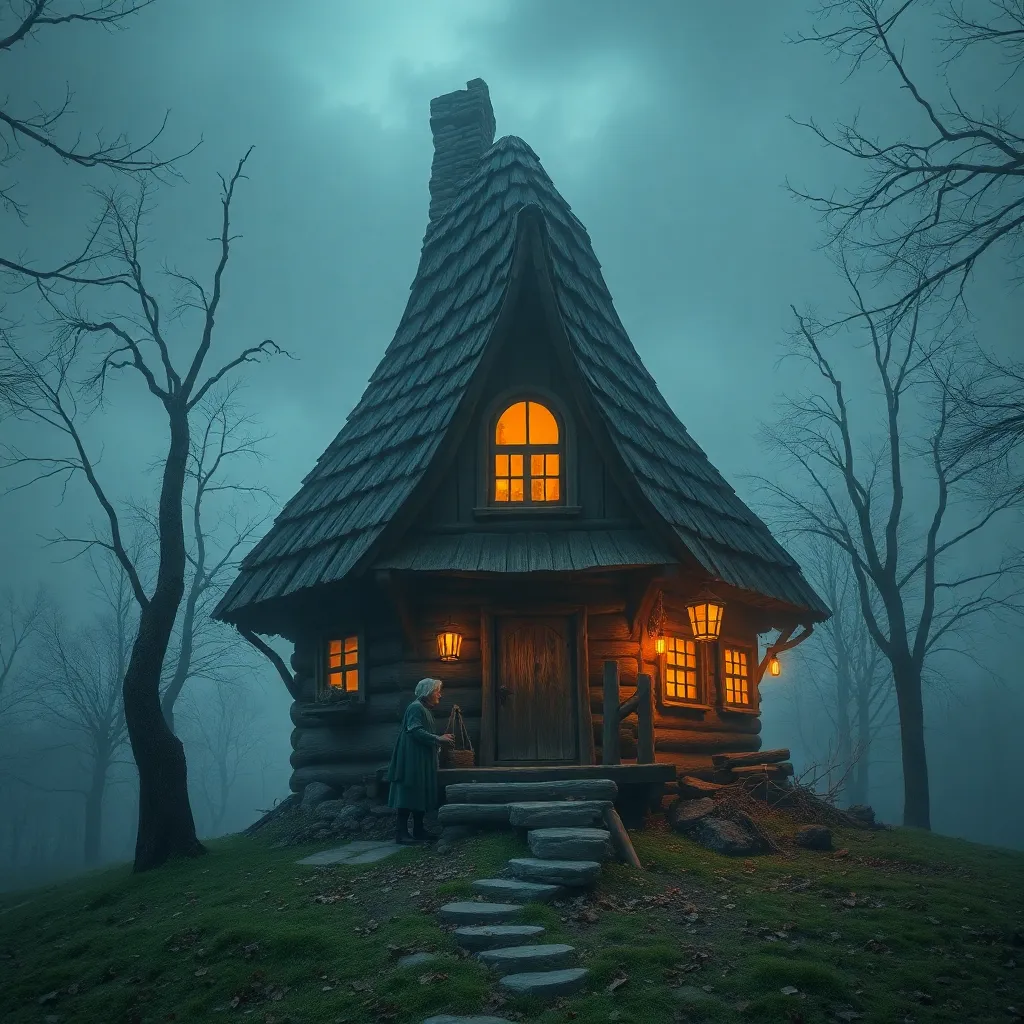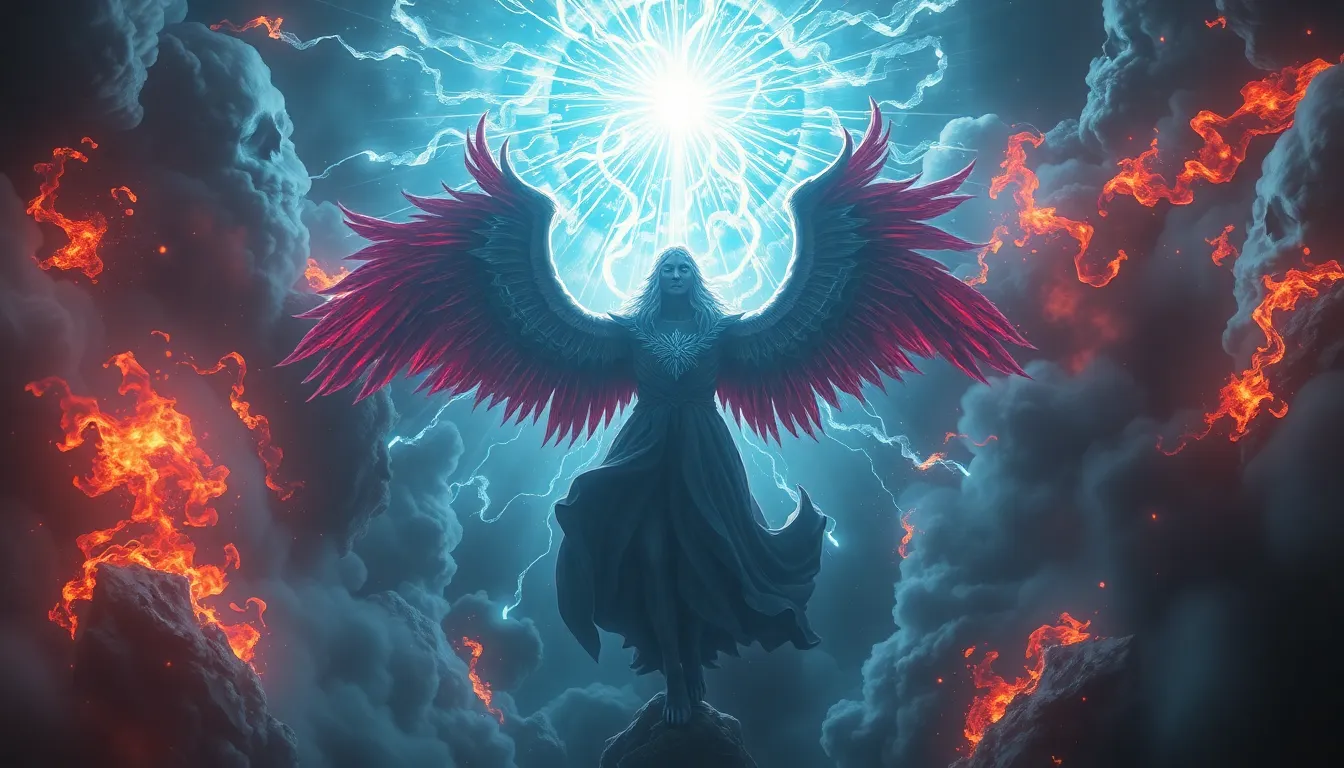1. Lücao: The Goddess of Music and Dance
Lücao, also known as Luwo or Lümei, is a highly revered deity in Chinese mythology, renowned as the Goddess of Music and Dance. According to legends, she is believed to have descended from the heavens to bestow upon mortals the gift of music and guide them in the art of dance. Depicted as a graceful and beautiful celestial maiden, Lücao's image is often associated with musical instruments, particularly the pipa, a traditional Chinese lute-like instrument. Through her divine guidance, she is said to have inspired countless musicians and dancers, leaving an enduring legacy in the cultural traditions of China.
2. Wenshu: The Bodhisattva of Wisdom and Music
Among the revered Bodhisattvas in Chinese Buddhism, Wenshu stands out as the embodiment of Wisdom and Music. As the celestial patron of music, Wenshu is believed to possess unparalleled knowledge of musical arts and to have mastered all forms of instruments. Legends often portray him as holding a pipa or a ruan, a plucked string instrument, symbolizing his profound connection to music. Devotees of Wenshu seek his guidance and blessings to enhance their musical abilities, believing in his power to bestow inspiration and elevate their artistic endeavors.
3. Xi Wangmu: The Queen Mother of the West and Patron of Music
As the legendary Queen Mother of the West, Xi Wangmu holds a prominent position in Chinese mythology, presiding over the realm of immortality and longevity. Her association with music stems from ancient myths that depict her as a patron of musicians and a lover of celestial melodies. Xi Wangmu's heavenly abode is said to be filled with enchanting music, performed by skilled musicians who entertain her and her immortal guests. Artists and musicians often invoke her name for inspiration, seeking her favor to enhance their creative talents and achieve artistic excellence.
4. Shangxian: The Immortal Musician
Shangxian, also known as the Immortal Musician, is a beloved figure in Chinese folklore, renowned for his exceptional musical skills and the magical powers he wields through his melodies. Legends narrate his journey as a wandering musician, captivating audiences with his enchanting tunes played on his pipa. Shangxian's music is said to possess the ability to heal the sick, soothe troubled minds, and even control the elements. His name echoes through centuries, inspiring musicians and storytellers alike, leaving an indelible mark on the cultural tapestry of China.
5. Cheng Bo: The Harmonizer of Music
Cheng Bo, the Harmonizer of Music, is a revered deity in Chinese mythology, responsible for ensuring harmony and balance in the realm of music. As the patron of musicians, he is believed to guide their hands and inspire their compositions, creating melodies that resonate with the principles of nature and the universe. Legends depict Cheng Bo as a celestial musician, playing his instruments in perfect harmony with the rhythms of the cosmos. Musicians and music lovers alike pay homage to Cheng Bo, seeking his blessings for their performances and endeavors, striving to achieve the elusive harmony he embodies.
6. Yiliang: The Master of Calligraphy and Ink Painting
Yiliang, the Master of Calligraphy and Ink Painting, is a revered figure in Chinese mythology for his unparalleled mastery of the written word and artistic expression. As the celestial patron of these arts, he is believed to possess a profound understanding of the brushstrokes, ink, and paper that create works of enduring beauty. Legends depict Yiliang as a wandering artist, traveling throughout the land and inspiring countless individuals to pursue their artistic dreams. Calligraphers and painters alike invoke his name for guidance and inspiration, seeking his favor to enhance their skills and achieve recognition for their masterpieces.
7. Cai Shen: The God of Wealth and Patron of Arts
Cai Shen, the God of Wealth, is also revered as a patron of arts and culture in Chinese mythology. His association with the arts stems from the belief that financial prosperity and artistic creativity are interconnected. Legends narrate that Cai Shen himself is a skilled calligrapher and musician, and his presence in a household is said to bring not only abundance but also artistic inspiration. Artists and performers often pay homage to Cai Shen, seeking his blessings to enhance their talents and achieve commercial success in their artistic endeavors.
8. Lei Gong: The God of Thunder and Patron of Music
Lei Gong, the God of Thunder, holds a unique position in Chinese mythology, not only as the celestial master of storms but also as the patron of music and sound. His powerful voice, akin to rolling thunder, is believed to resonate with the rhythm and harmony of the universe. Legends depict Lei Gong as a mighty warrior, wielding a drum that produces deafening thunderclaps. Musicians and drummers invoke his name for inspiration and guidance, seeking his favor to enhance their abilities and create music that captivates audiences with its thunderous power.
9. Guanyin: The Bodhisattva of Mercy and Patron of Music
Guanyin, the Bodhisattva of Mercy, is revered in Chinese mythology for her compassion and boundless love for all beings. Her association with music stems from the belief that music has the power to heal the wounds of the heart and uplift the spirits of the weary. Legends depict Guanyin as a celestial musician, playing her pipa with such skill that her melodies bring solace and comfort to those who listen. Musicians and singers invoke her name for inspiration and guidance, seeking her blessings to enhance their abilities and use their music as a force for good in the world.
10. Erlang Shen: The Warrior God and Patron of Music
Erlang Shen, the Warrior God, is a powerful deity in Chinese mythology, renowned for his martial prowess and unwavering devotion to justice. Surprisingly, he is also revered as a patron of music, particularly of wind instruments like the flute. Legends depict Erlang Shen as a skilled musician, using his flute to rally his troops and inspire them to victory in battle. Musicians and wind instrumentalists invoke his name for guidance and protection, seeking his favor to enhance their abilities and achieve recognition for their musical talents.
FAQ
Q: Who is the most famous Chinese deity associated with music?
A: Lücao, the Goddess of Music and Dance, is the most well-known Chinese deity associated with music.
Q: Which deity is believed to have brought music to mortals?
A: Lücao is credited with bringing music to mortals, bestowing upon them the gift of melody and rhythm.
Q: Who is the patron of calligraphy and ink painting in Chinese mythology?
A: Yiliang is the revered patron of calligraphy and ink painting, inspiring countless artists with his mastery of the brush and ink.
Q: Which deity is associated with both wealth and the arts?
A: Cai Shen, the God of Wealth, is also revered as a patron of the arts, believed to bring financial prosperity and artistic inspiration.
Q: Who is the celestial musician who heals with her melodies?
A: Guanyin, the Bodhisattva of Mercy, is a compassionate musician whose melodies bring solace and comfort to all who listen.




